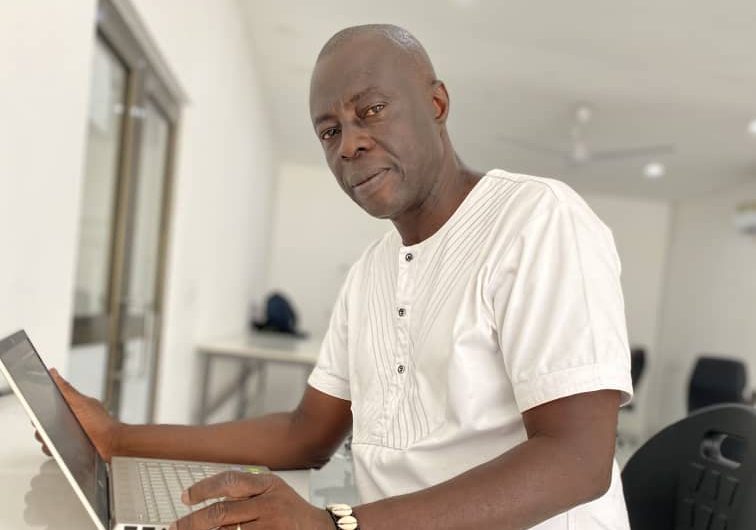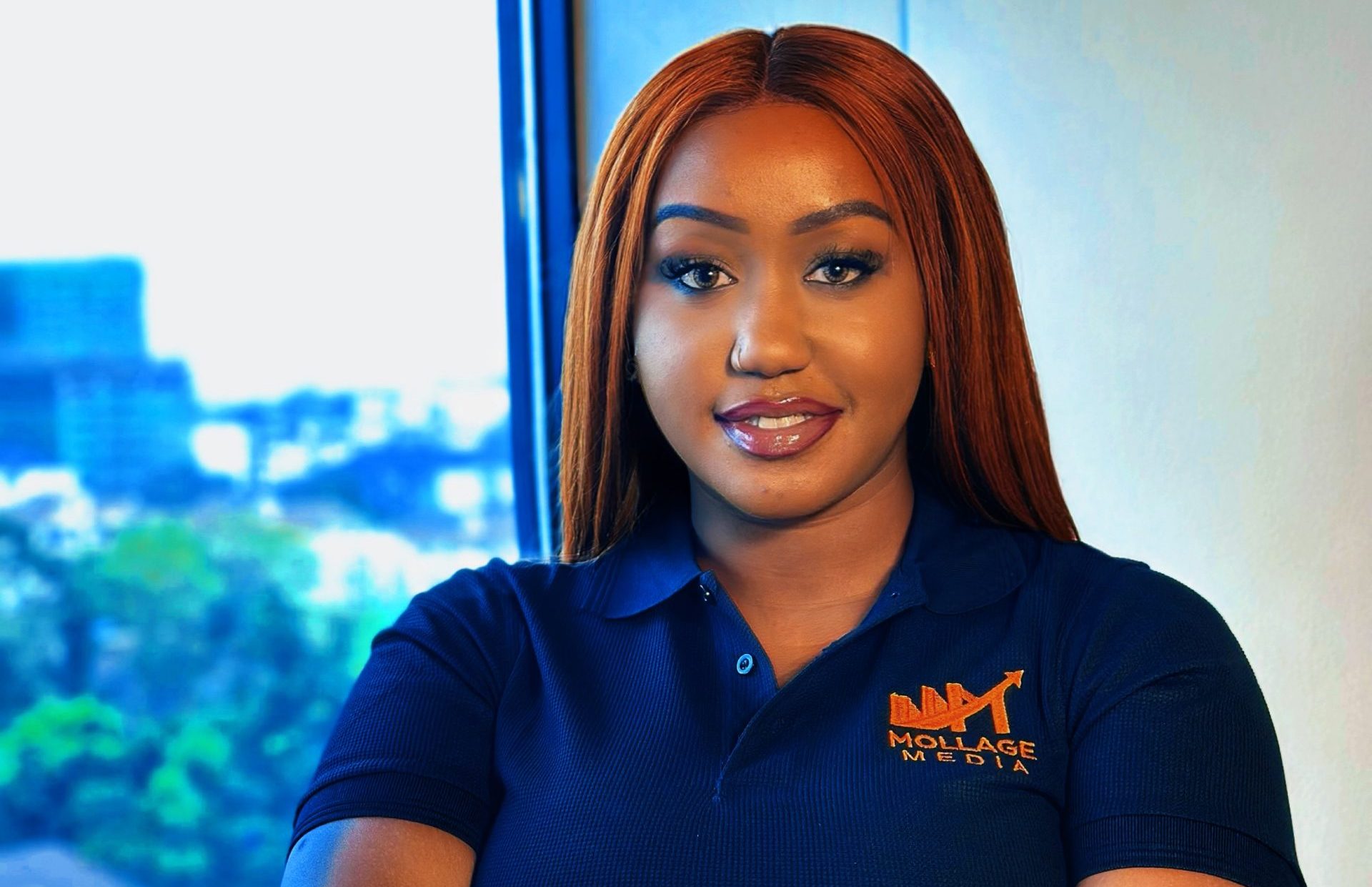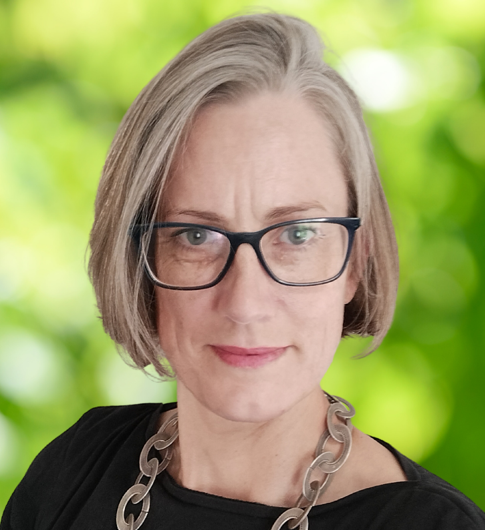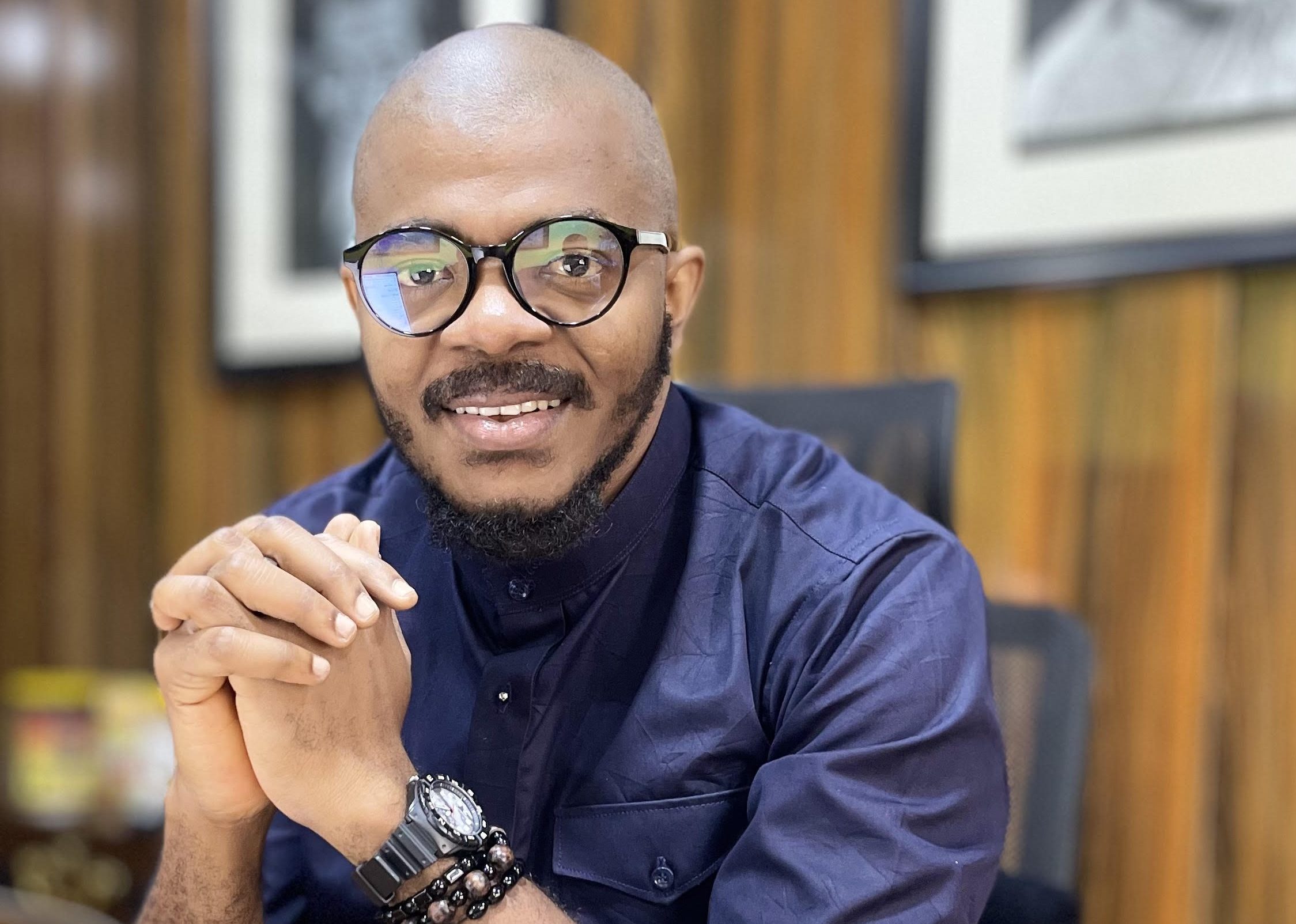This week on Comms Spotlight, we meet a professional utilising the power of Communications to fight against Malaria. Divine Sewornu Dzokoto began his career over two decades ago and is currently the Senior Stakeholder Engagement and Communications Officer at Target Malaria, Ghana. In his interview with us, Divine shares the dynamic changes he’s experienced practicing Communications as well as some lessons he’s picked up along the way.
Tell us about how you began your career in Communications and the deliberate steps you took to grow professionally.
My career in Communications began with an admiration for my younger sister, an avid listener of BBC Focus on Africa in the late 1980s. While studying at the University of Cape Coast in Ghana between 1990 and 1994, the programme became a favourite for me too. Every weekday at five minutes past five, if there was no lecture, you were sure to meet me in my room listening to Focus On Africa. This daily ritual sparked my desire to emulate Sola Odunfa, who reported mostly from Lagos, Nigeria in those days. Inspired, I envisioned myself as a Journalist reporting from Ho in the Volta Region of Ghana.
I decided to send a sample story upon request and encouragingly, I received a letter from Robin Whyte, the then editor of the BBC’s programmes Focus on Africa and Network Africa. He acknowledged that I had a reasonably good broadcasting voice suitable for reporting for Focus On Africa. However, despite this positive feedback, circumstances I thought were beyond my control at the time, prevented me from pursuing that opportunity.
In 1999, I began sending stories to JoyFM, a renowned FM station in Accra. Through this opportunity, I honed some of my communication skills, reporting from Ho and a few other locations in the Volta Region. Concurrently, my feature articles were being published in the Ghanaian Times, a leading national newspaper. I learned invaluable lessons from Mr. Alberto Norretti, the Regional Correspondent for the Ghanaian Times in Ho at the time. I still have a letter of attestation signed by Miss Susan Amponsah, of JoyFM, as a ‘trophy’ somewhere among my old documents.
In 2015, I ventured into writing feature articles for popular news websites, such as Ghanaweb and Modern Ghana, reaching Ghanaians in-country and in the diaspora. In 2016, I launched my website, Virtual Kollage, aimed at reaching Senior High School students, where I wrote most of the articles under the pen name Chester Morton. The site has several articles under subjects like Tourism, Social Studies, History, Christian Religious Studies, Government, Business Management, Forestry, West African Traditional Religion, and Fisheries which are all examinable subjects by the West African Examinations Council (WAEC).
Throughout my career, my skills in writing and communication were greatly enhanced through associations with industry professionals. My older brother, Walter Djokoto of the Ghana Broadcasting Corporation, and Driwald Ventures, an advertising company, were particularly influential. Additionally, when I joined Target Malaria, communications became a significant part of my role as a Senior Stakeholder Engagement & Communications Advisor.
These experiences shaped my professional growth in communications, allowing me to develop and refine my skills over the years.
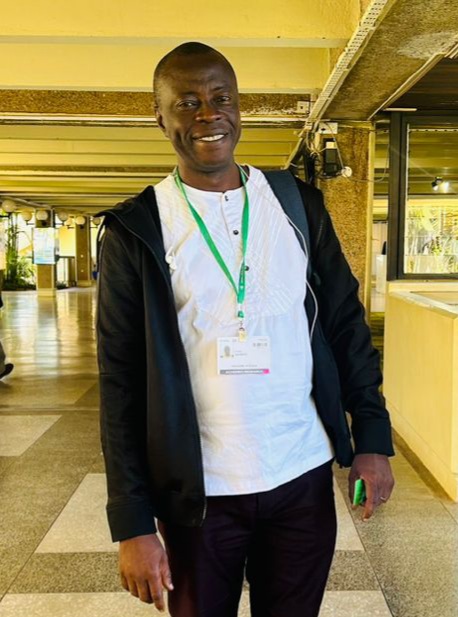
Can you tell us what you do as Senior Stakeholder Engagement and Communications Officer at Target Malaria, Ghana?
As a Stakeholder Engagement and Communications Advisor, I ensure national and local stakeholders in Ghana receive accessible and accurate information on Target Malaria’s activities. I am responsible for establishing and maintaining relationships within project communities, local councils, and other stakeholder groups and preparing high-quality communications materials for various communications tools, such as fact sheets, events, online/digital communications, and social media.
I am also responsible for media relations. In addition, I facilitate the application for ethical clearance for project activities ensuring that they are carried out ethically. I also provide activity reports and support updating tools for follow-up engagements and reporting on engagement activities, among many other ancillary activities.
Is there a campaign or project you’ve worked on that stays ever fresh in your mind? Please tell us about it
Two standout projects I worked on with support from others were two video projects: “Voices from the Field” and “Our Work in Ghana.”
“Voices from the Field” involved documenting stakeholders’ opinions about Target Malaria’s work in their communities and at other stakeholder levels. Collaborating with Lema Concepts, a videography company in Ghana, we faced significant challenges.
At the community level, for example, the weather was relentless, with constant rain turning gravel roads into flooded, difficult-to-navigate paths. We had to frequently reschedule filming due to these conditions. Despite the obstacles, Fiona Wilberforce and her team managed to produce insightful and compelling videos.
“Our Work in Ghana” required several visits to a recording studio to record a voice-over for an approved script in Twi. This presented its own set of challenges. I had not been to a recording studio since the late 1990s, and I had to relearn pitch modulation and other specs related to new audio technologies.
After numerous attempts and adjustments, my colleague Linda Mawutor and I achieved a satisfactory result that we now use for stakeholder engagement on our social media platforms.
Both projects demanded resilience and adaptability, using new technology, working with an external supplier and using local languages. and I am proud of the impactful outcomes we were able to achieve.
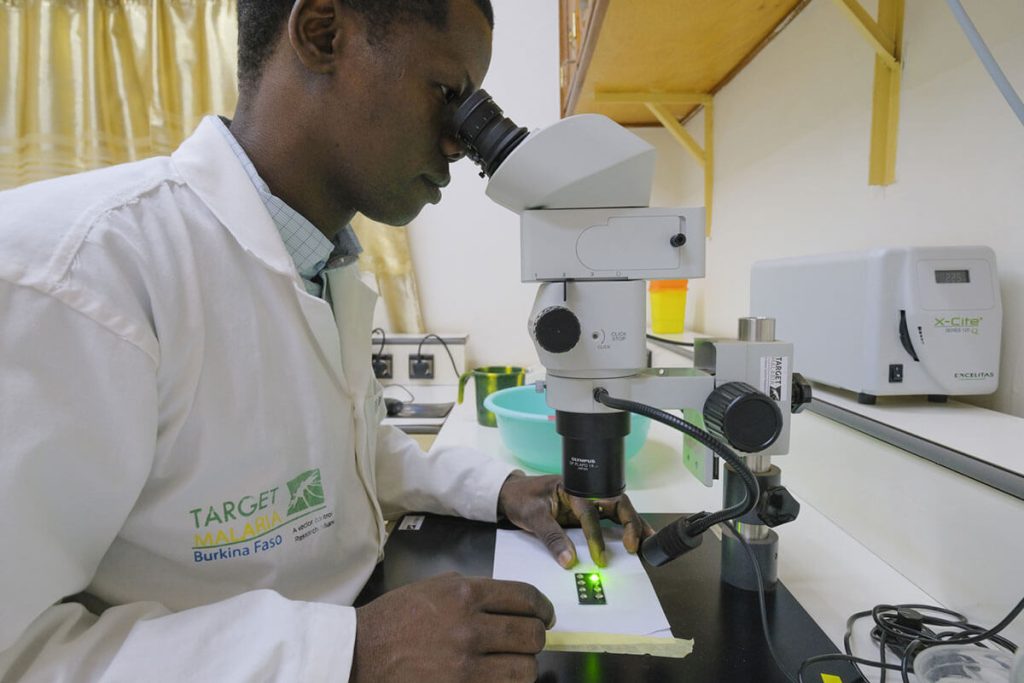
Tell us about a major challenge you’ve faced in your professional journey and how you were able to overcome it.
One of the major challenges I faced in my journey was the adaptation to the computer age and digital platforms. In those days, all I was conversant with were the print and broadcast media. I hand-wrote my stories, and feature articles and had them typed by someone.
Eventually, I had to learn to use the computer to type my written scripts and finally create content directly on my laptop. Then we had to transition to digital formats, and this required not only mastering new skills and technologies but also adopting new mindsets. I had to learn how to create and distribute content online, utilising tools like social media, and multimedia production software that I am still trying to master. To manage this transition, I had to be open-minded and humble enough to learn new skills from people several years my age or on online platforms.
Another challenge was complying with evolving data privacy laws and regulations. This presented a formidable challenge. Having been accustomed to the relatively unrestricted information landscape of earlier years, I realised I now had to navigate a complex web of legal requirements designed to protect personal data. The requirements, with their stringent consent requirements, and data protection principles, significantly impacted how I used information (audio, video, and printed) obtained from people for use.
What are some valuable lessons you’ve learned throughout your career that you wish you had known earlier?
One of the lessons I wish I had learned much earlier in my career development is that networking and building relationships are vital for long-term success. If I had connected with peers, mentors, and industry leaders, it would have opened doors much earlier in my journey and provided support during challenging times.
Also, seeking and accepting feedback, even when it’s critical, is essential for personal and professional growth. I also learned much later that embracing failure as a learning opportunity rather than a setback can lead to resilience and innovation.
Knowing these lessons earlier could have significantly enhanced my journey, making it more fulfilling and less fraught with avoidable hurdles.
What advice will you give to younger professionals who want to follow your path?
For younger professionals aspiring to pursue a career in this field, the foremost advice is to branch into schools set up to offer training in journalism or communication early in life. Remaining adaptable and continuously seeking new learning opportunities is essential.
The landscape of the communication industry is constantly changing, therefore, staying updated with the latest technologies and trends is crucial. It is advisable to prioritise building a robust network by connecting with mentors, colleagues, and industry leaders who can offer guidance and support.
Never shying away from challenges or fearing failure is important; these should be viewed as opportunities to grow and innovate. Embracing constructive criticism and using it to refine skills is also essential.

